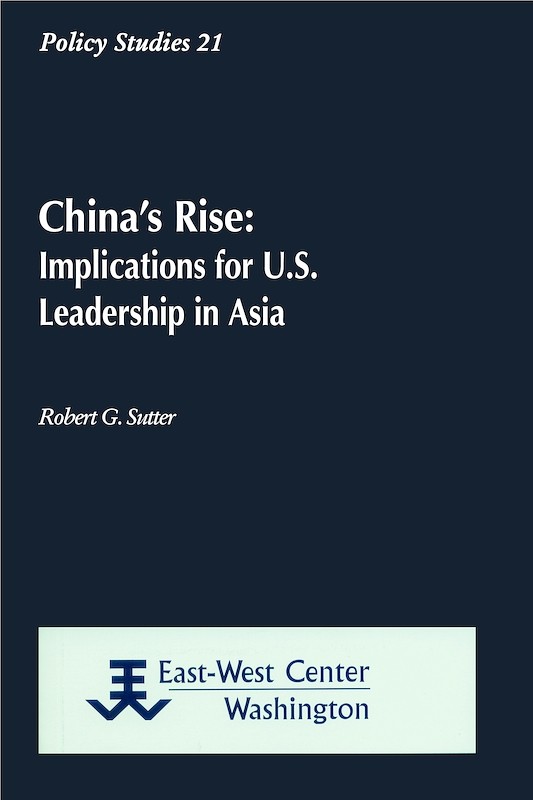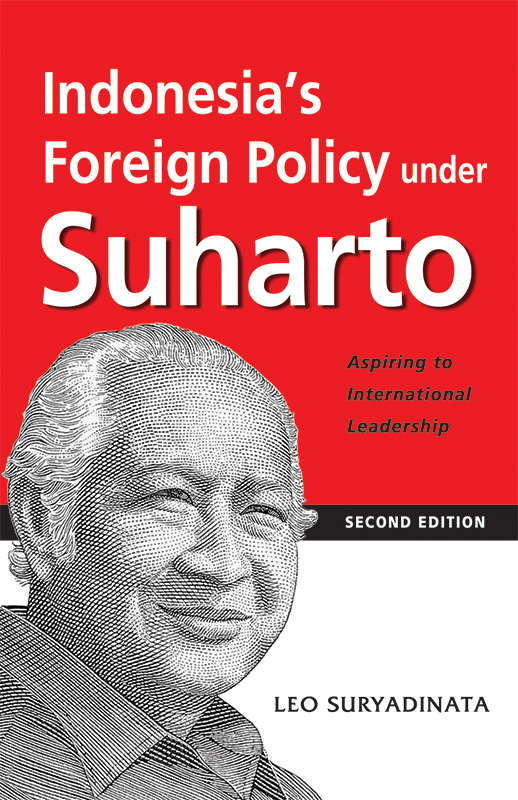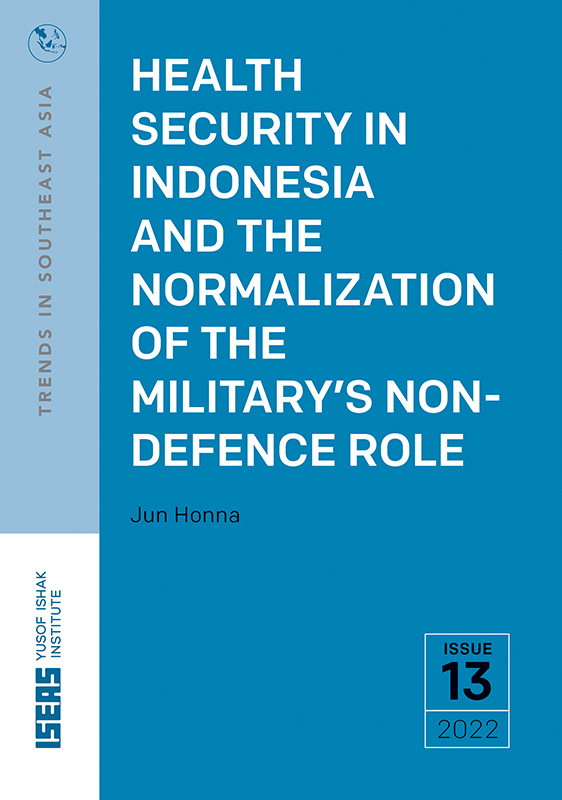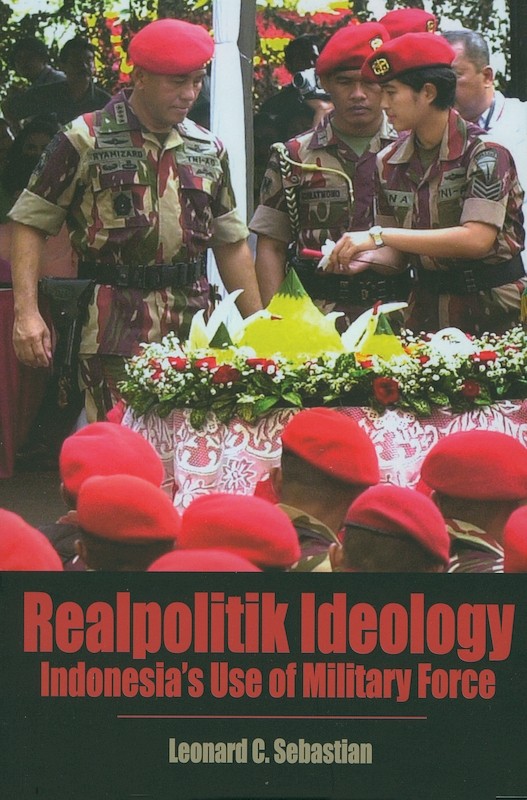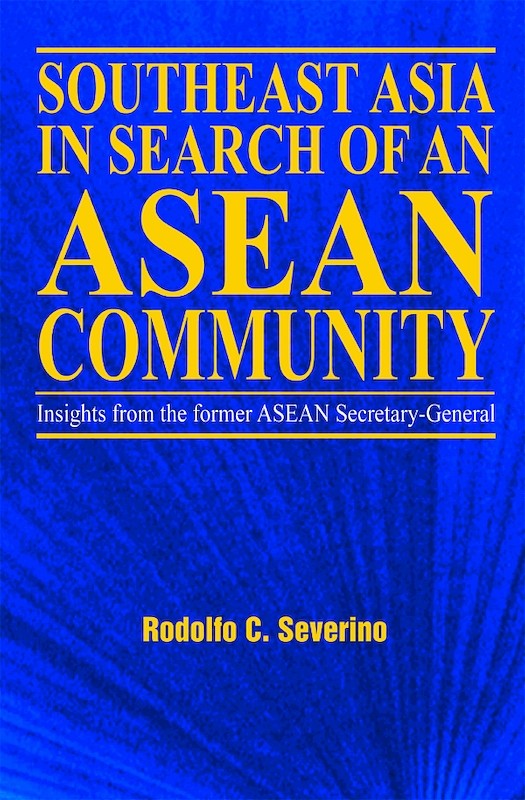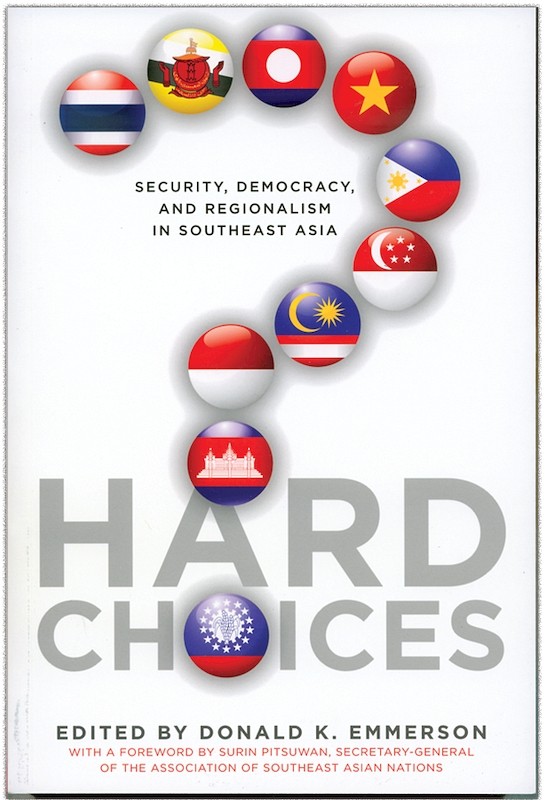Leadership and Security in Southeast Asia: Institutional Aspects
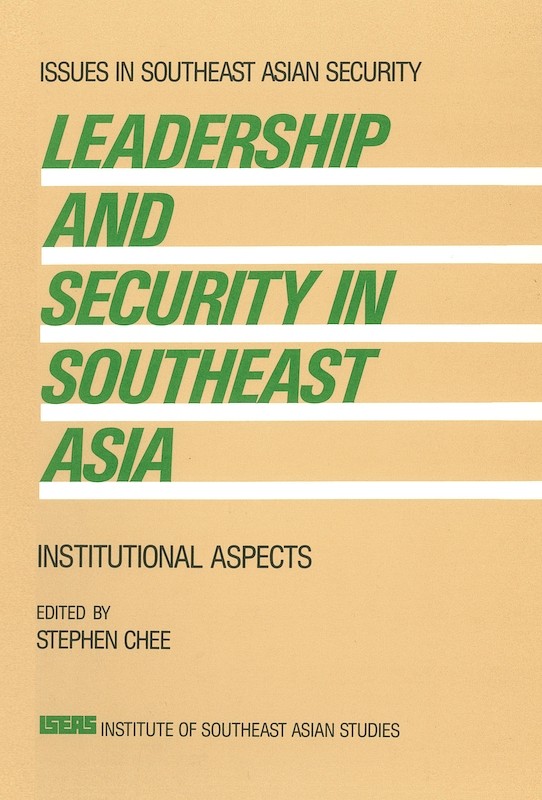
About the publication
The articles in this volume focus on the institutional organizations and arrangements that form the nexus between leadership and societal security. Case studies discuss the characteristics and priorities of the national security concern of five ASEAN countries, and analyse the role of leadership and the capacity and legitimacy of institutional formulae for political stability and security, and economic development. The major foci of the case studies are the dwifungsi institutional role of the Indonesian military; the evolution from consociational to hegemonial ethnic bargaining in Malaysia; the problem of "absorptive capacity" in the Philippines; the management of external security by Singapore; and the efficacy of constitutional institutionalization in Thailand. Two conceptual essays delineate the dilemmas and challenges that continue to be perplexing in harnessing the role of leadership to the beneficial effects of civil society under conditions of change.

